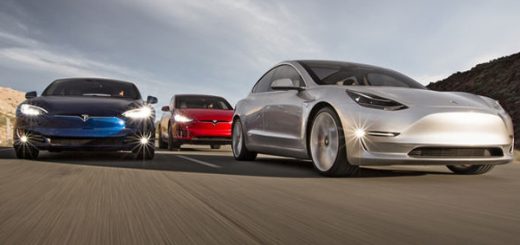A Life Without Cars
I was looking at some pictures of New York City today, checking out the tiny Collyer Brothers Park, naked for two brothers who would have been right at home on Hoarders TV show. But what caught my eye was that in the picture, you can see cars parked on each side of the street, for as far as the eye can see in any direction.
This happened on the same day that the first autonomous shuttle bus started running in Las Vegas (and yes, it had an accident within a couple of hours!). With self driving taxi tests in a few places and certainly more to come, I can’t help but wonder what the future is for our cities, and what is the future for the car itself – and how those changes might play out in our cities.
Part of this started after reading an interview with Bob Lutz, the past GM vice-Chairman and a real car guy through and through. His assertion is that car companies are in fact on their last legs, and that within a decade, the concept of transportation as a service rather than car ownership with be the dominant means by which we travel. This pretty much work out based on the average life span of an automobile, against the levels of technology quickly getting applied to the job.
The result? Empty city streets. Oh, there will be plenty of traffic with automated cabs and such zipping along, but all those parked cars will be gone. Owning a car will be right up there with owning your own horse, some people will still do it, but for most of us, it will be remembered along with dial phones or malt shops.
The other part of the deal is that autonomous cars are much more likely to be electric, hybrid, or power cell cars of some sort. That brings us to another interesting twist in this story that most are ignoring: The oil economy. The US current imports about 10 million barrels oil per day. Out of that 10 million, 9 million are used to fuel gas and diesel powered cars. It’s quite likely that the amount of oil imported will drop significantly in the next decade. Many other countries will be heading down the same path. The demand for oil as a result could drop through the floor. The changes in the world order and in your neighborhood will be dramatic.
For most people, the most notable thing will be that the gas stations of today will mostly disappear. There will still be some, as there will be gas powered cars on the road for perhaps another decade after the “change”, but they will be fewer for sure. Some of them will probably be replaced with autonomous car depots, where those cars can get recharged and can wait for their next ride.
It’s all something to consider. In a future article, I will consider it all in more depth, and try to figure out how the city of tomorrow might run.














